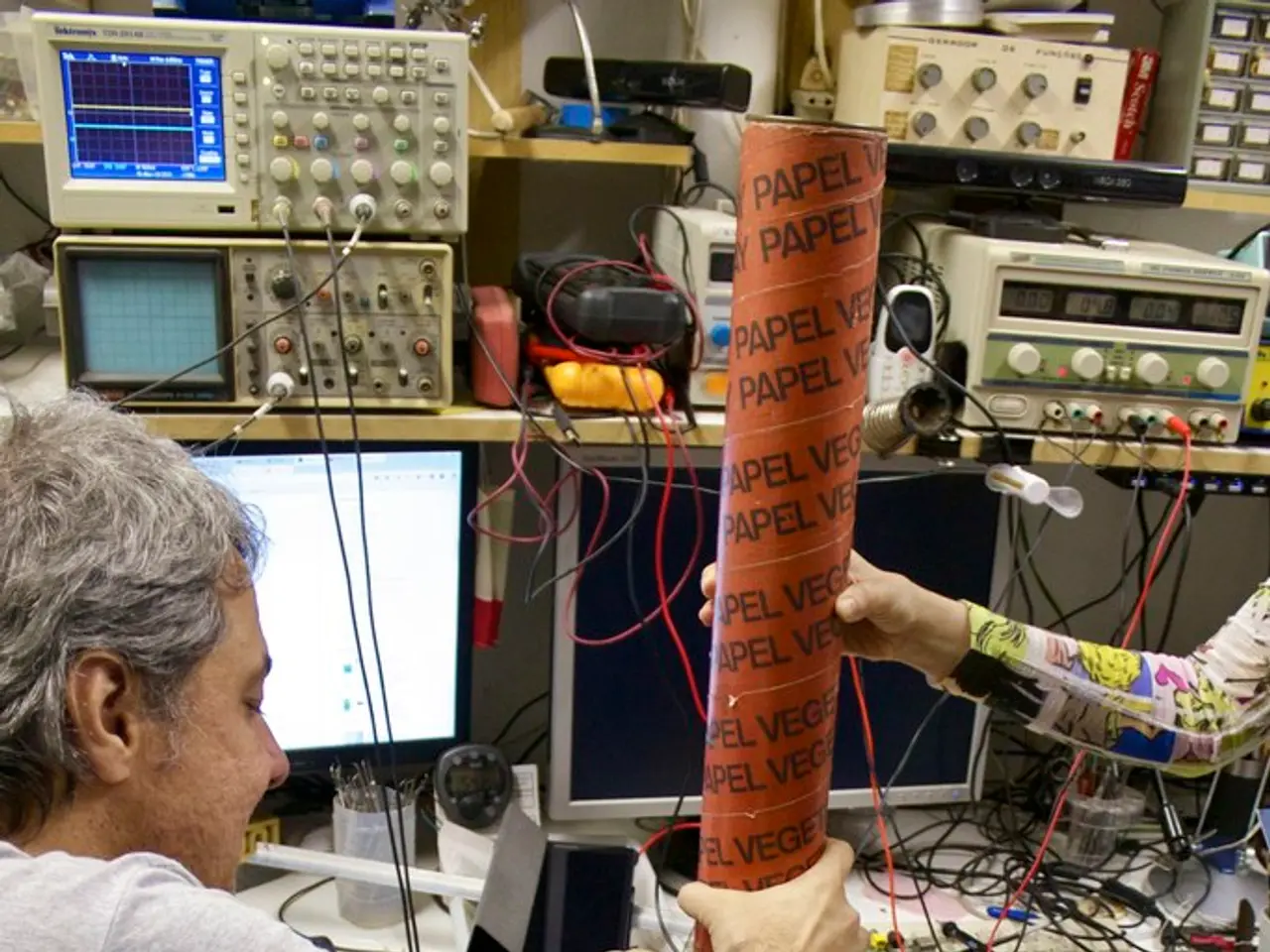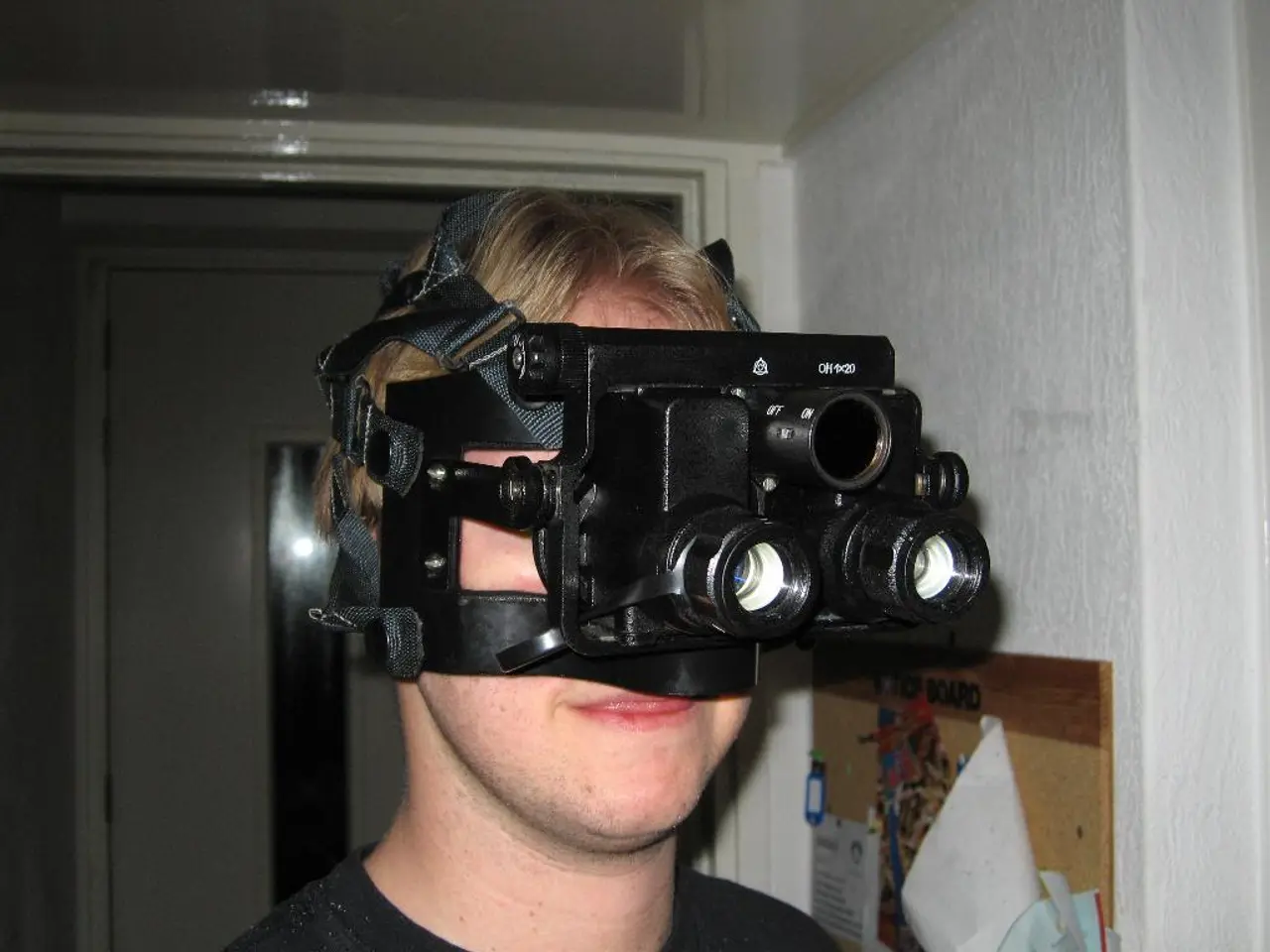UAE Takes the Lead in Launching a Global Artificial Intelligence-Powered Search and Rescue Project
In a significant move, the United Arab Emirates (UAE) has been appointed as the chair of an international working group focused on artificial intelligence (AI) applications in satellite-aided search and rescue systems. The decision was made during a virtual session held by the COSPAS-SARSAT organization on June 13, 2025.
The UAE's National Search and Rescue Centre presented the groundbreaking proposal during international meetings in Abu Dhabi from May 27 to June 5, 2025. The proposal, widely endorsed for its potential to significantly enhance the speed and accuracy of distress signal processing through satellite networks, was met with praise from representatives of 45 countries and major global bodies, including the International Telecommunication Union (ITU), International Civil Aviation Organization (ICAO), and International Maritime Organization (IMO).
The UAE-led group aims to develop AI tools to enhance global satellite-aided emergency response systems by improving the efficiency and accuracy of distress signal handling across satellite networks. The key responsibilities of the UAE in this working group include leadership, innovation, and international collaboration.
As the leader of the group, the UAE will guide efforts to integrate AI into search and rescue operations. The focus will be on developing AI tools to accelerate distress signal processing, thereby improving response times in emergencies. The UAE will also work with representatives from the 45 countries and global bodies to ensure the adoption of advanced AI technologies in humanitarian operations.
The UAE's role in shaping the future of humanitarian response is reinforced through its leadership in this new international working group. The move further cements the UAE's strategic role in modernising search and rescue infrastructure. The UAE's leadership in leveraging advanced technologies to improve life-saving operations worldwide was also recognised by the representatives.
The UAE's initiative reflects its commitment to advancing technological innovation in space and emergency response sectors. The aim is to transform mission control center operations and enhance global search and rescue capabilities through the integration of AI. The UAE-led group is expected to set global benchmarks for AI integration in space-based emergency systems.
Under the new framework, the group will develop AI-powered tools for rescue coordination. The UAE's role in AI integration in space-based emergency systems will be significant under this new arrangement. The group's activities are expected to have a significant impact on the future of humanitarian response.
The UAE's appointment as the chair of this working group further demonstrates its leadership in modernising search and rescue infrastructure and its role in shaping the future of humanitarian response. The UAE's leadership in this field is a testament to its commitment to using technology for the betterment of humanity.
The UAE's role in leading the development of AI tools for satellite-aided emergency response systems is a testament to its commitment to technological advancement. This new international working group aims to integrate AI to improve distress signal handling and accelerate response times in emergencies. The UAE's leadership will prompt collaboration with 45 countries and global bodies, setting global benchmarks for AI integration in space-based emergency systems.




